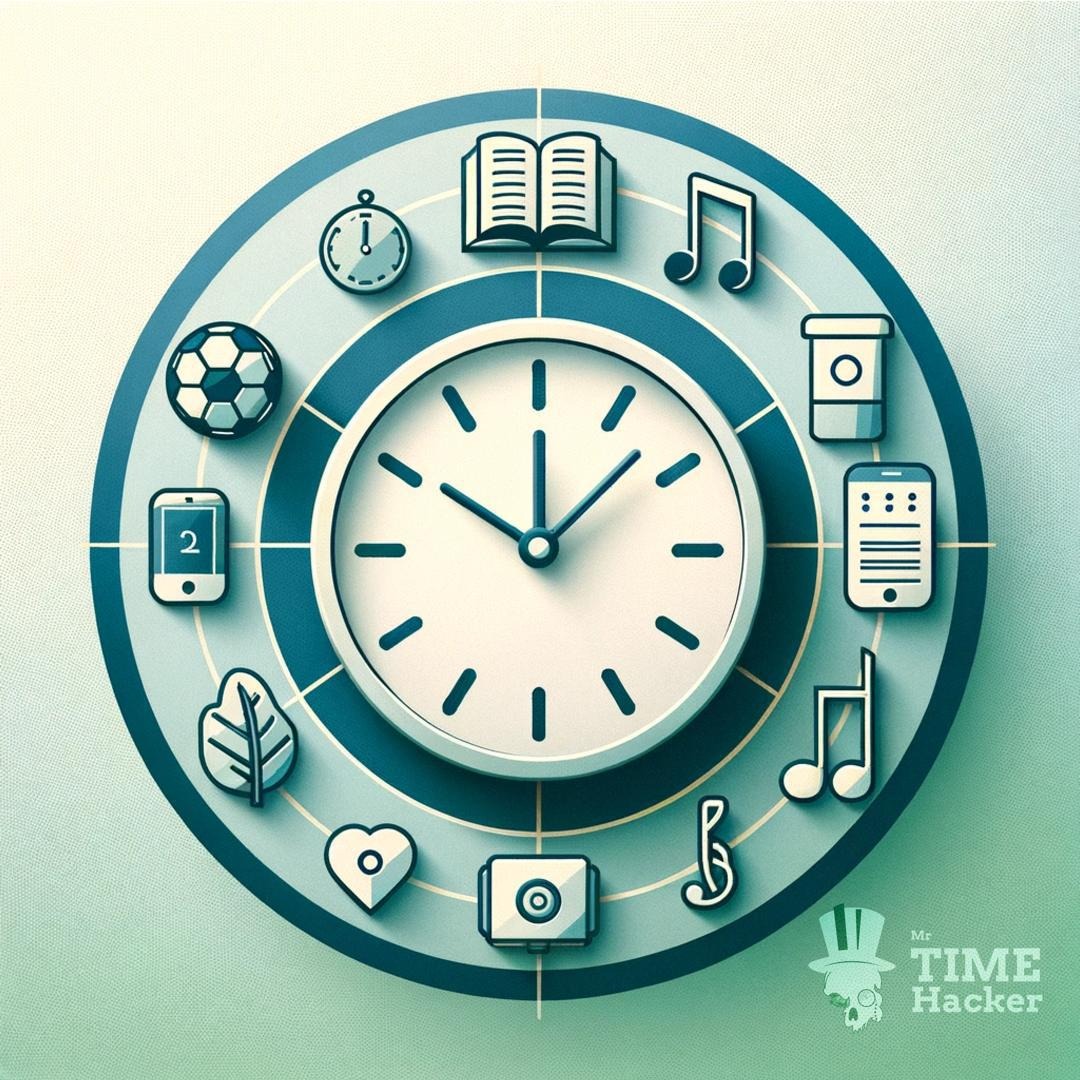Despite its growing recognition, the concept of time management remains problematic for many teenagers. Managing time effectively is about much more than just completing tasks on time; it also involves prioritizing tasks and understanding the benefits of long-term planning. When harnessed correctly, it can lead to improved academic performance, lowered stress levels, and increased ability to maintain a healthy work-life balance.
The concept of time management isn’t just about setting a timetable. Rather, it’s a discipline, a practical way to map tasks, deadlines, and goals onto the finite hours of the day. It is this discipline that allows students to make their workload manageable, avoid the rush, and prevent disappointment of missed deadlines.
The Importance Of Time Management For Teens
What is time management? It’s more than knowing what time it is—it’s about planning and controlling how much time you spend on specific activities. Time management is the internal GPS guiding teens between the deadlines of academic requirements, the demands of extracurricular activities, and the need for personal time.
Think of time as a bank. Everyone has the same 24 hours, or 1440 minutes, or 86400 seconds each day. Good time management means making the most of each of those seconds. It’s about prioritizing tasks, setting goals, and building a manageable to-do list.
But why does time management for teens matter so much? With strong time management skills, students excel not just in academics but also in their personal lives. It becomes easier to prioritize, reduce procrastination, and maximize productivity. Using techniques like the Eisenhower matrix, a teenager can determine which tasks need immediate attention and which can be scheduled for later, creating balance.
Without adequate time management, teenagers risk falling prey to stress, underperformance, and even health issues due to lack of rest. Unfortunately, our schools often don’t emphasize enough on teaching these skills. And that’s why resources like Mr. Time Hacker exist—to provide the necessary tools and strategies to elevate time management for teens to a high-power skill.
The Key Time Management Skills That Teens Should Develop
As teens juggle academics, sports, hobbies, and socializing, they often find themselves overwhelmed, an unfortunate consequence of mismanaging time. Here is where essential time management skills come into play.
One of the essential components of effective time management is the development of executive functioning skills, like the ability to prioritize tasks based on urgency and importance and manage time more effectively. Teens must grasp these skills, especially as they navigate increasingly busy schedules.
Tools like the Eisenhower matrix, for example, are incredibly effective. It helps your teen categorize tasks into four quadrants based on importance and urgency. This time management tool not only aids in setting high-priority tasks first but also allows teens to see how much time each assignment or activity might take.
There are practical strategies to help teens develop these skills. Make a list of tasks, break larger projects into smaller tasks, use a Pomodoro app, or simple goal setting can make even colossal assignments feel manageable. Encourage your teen to set goals and prioritize tasks based on urgency and importance, and teach them the value of not procrastinating and getting things done on time.
As parents and teachers, it’s essential to model good time management and provide guidance. Offering hands-on support, teaching them to create schedules, and encouraging persistence can have lifelong benefits. After all, today’s teens are tomorrow’s responsible adults!
Equipping teens with time management skills is an investment in their futures. And although teaching these skills can sometimes feel akin to walking uphill, the payoff is immeasurable.
How To Teach Your Teen To Prioritize Tasks
Once your teen understands the concept of time management and its importance to their personal and academic life, the next step is mastering the art of prioritization. Learning to prioritize tasks effectively empowers teens to focus their energy on the tasks that matter most, facilitating success and reducing stress associated with deadlines and overflowing to-do lists.

Here’s how to get started:
- Relate time management skills to everyday life: Make sure the time management skills they’re learning apply to everyday life. For example, a time management tool such as the Eisenhower matrix can help teens prioritize tasks based on urgency and importance.
- Set realistic goals: Encourage teens to break down larger tasks into bite-sized pieces, contributing to achieving the bigger goal. Remember, every extended essay starts with a single word!
- Create manageable to-do lists: A well-organized and realistic to-do list is a crucial tool in time management for both teens and adults. Such a list can help your teen compartmentalize tasks, making them feel more manageable and less overwhelming.
- Fight procrastination: Rein in the procrastination monster by teaching the power of accomplishing tasks at the current moment rather than postponing them – make sure they understand that time saved now is time earned later.
By teaching teens the ropes of effective time management and how to prioritize tasks, we ensure they carry these invaluable skills into adulthood. Achieving excellent time management isn’t just about meeting deadlines – it’s about maximizing potential. Help your teen unlock theirs today.
Setting Goals As A Time Management Strategy
So, why is goal setting so critical in teaching time management skills to teens? Often, teens get distracted by less important tasks or procrastinate because they need help finding a clear path. As parents, it’s essential to help your teen understand the importance of setting realistic goals. It not only makes teens prepared to manage their time but also drives them toward their desired outcomes efficiently.
Clearly defining what’s most important helps guide where your teen should funnel their energy. Encourage your teen to make a list of all their tasks—be it home assignments, tasks for extracurricular activities, or personal goals. This list becomes their guidepost, their roadmap.
Next, help your teen break down larger tasks into smaller, manageable tasks. Smaller tasks make the time required to complete each task seem much less daunting, thus making those important tasks seem more achievable.
Promote the ‘prioritize first’ rule. Teach your teen to value high-priority tasks that are both urgent and important. Tools such as the Eisenhower matrix help teens prioritize tasks based on importance and urgency. This tool, coupled with a simple to-do list, can keep your teen organized.
Moreover, consider introducing your teen to time management tools like the Pomodoro app. It can help teach them to allocate specific time slots for their tasks (study, break, repeat), assisting them in managing their time more efficiently.
Remember, teens are easily distracted (thank you, social media!). So, ensure your teen knows that using their time effectively will free them up later to unwind without being burdened with unaccomplished tasks.
Encouraging Your Teen to Use Time Management Tools
We all know teens have a lot on their plate: school assignments, extracurricular activities, part-time jobs, and social commitments. Implementing time management tools can help your teen visualize their load, break it down, and show them how much time they need to allocate to complete each task.
A simple yet effective time management tool is the trusty to-do list. It’s a practical tool that helps teens prioritize tasks based on importance and urgency. Alongside to-do lists, apps like Pomodoro can aid in managing shorter attention spans by encouraging work in short, focused bursts followed by quick breaks, perfect for most teens!

But how can we get our teens to use these tools? Well, teaching by example can work wonders. Showing your teen that you rely on such tools for your tasks may inspire them. Share your strategies to manage time and stay organized. It’s essential to remember the benefits of using time management tools. Setting goals, breaking down tasks, prioritizing work, and managing time better lead to less stress and more free time. After all, which teen doesn’t want that?
What if your teen continues to procrastinate despite these tools? Remember, taking the first step is often the hardest. Encourage your teen to start by just spending a few minutes a day on the app or tool. Once they start noticing the benefits on their own – assignments done on time, less stress, more free time for fun – they’re likely to stick to good time management habits.
The essence of time management is to execute what’s most important first, which often requires tools and techniques. By encouraging your teen to use time management tools, you’re ultimately helping them become more disciplined, responsible, and efficient in navigating their way to adulthood reflectively.
Conquering Time Management Issues Among Teens
Conquering time management issues among teens is not just a choice—it’s a necessity. These skills are critical in managing academics, extracurricular activities, and personal interests efficiently. Even though the course of time remains constant, good and bad, how can we structure our teens to cultivate and sustain effective time management skills? Let’s delve into some actionable tips.
- Goal setting and planning: Empower your teen to set goals, plan, and determine the tasks they need to complete. Teach them to create a to-do list consistently. This is an excellent first step in managing time, providing a clear outline of the tasks at hand and promoting a sense of achievement as each item is ticked off].
- Counteract procrastination: Procrastination can often pull teens off track. Equip your teen with the Eisenhower Matrix, a tool that encourages them to prioritize tasks based on urgency and importance. With this principle ingrained in their routine, they can avoid constantly battling pressing deadlines.
- Break down tasks: Emphasize the importance of categorizing larger tasks into manageable portions. This approach can simplify daunting assignments and boost morale with each part conquered, reducing the likelihood of tasks being postponed until the last minute.
These strategies may be overwhelming at first. However, once your teen masters them, they’ll possess an unrivaled toolkit to manage their time and life more effectively. As we conclude, remember, time management isn’t about being rigid and strict—it’s about finding balance. It’s about teaching your teens to be both goal-driven and present in the moment.
Improving time management skills is a process that requires patience and consistency. Yet the payoff in increased productivity, reduced stress levels, and improved overall life satisfaction makes the effort undoubtedly worthwhile.
By introducing these strategies to young students, we are not only helping them in their current scenarios but also equipping them with valuable life skills for their future.





0 Comments